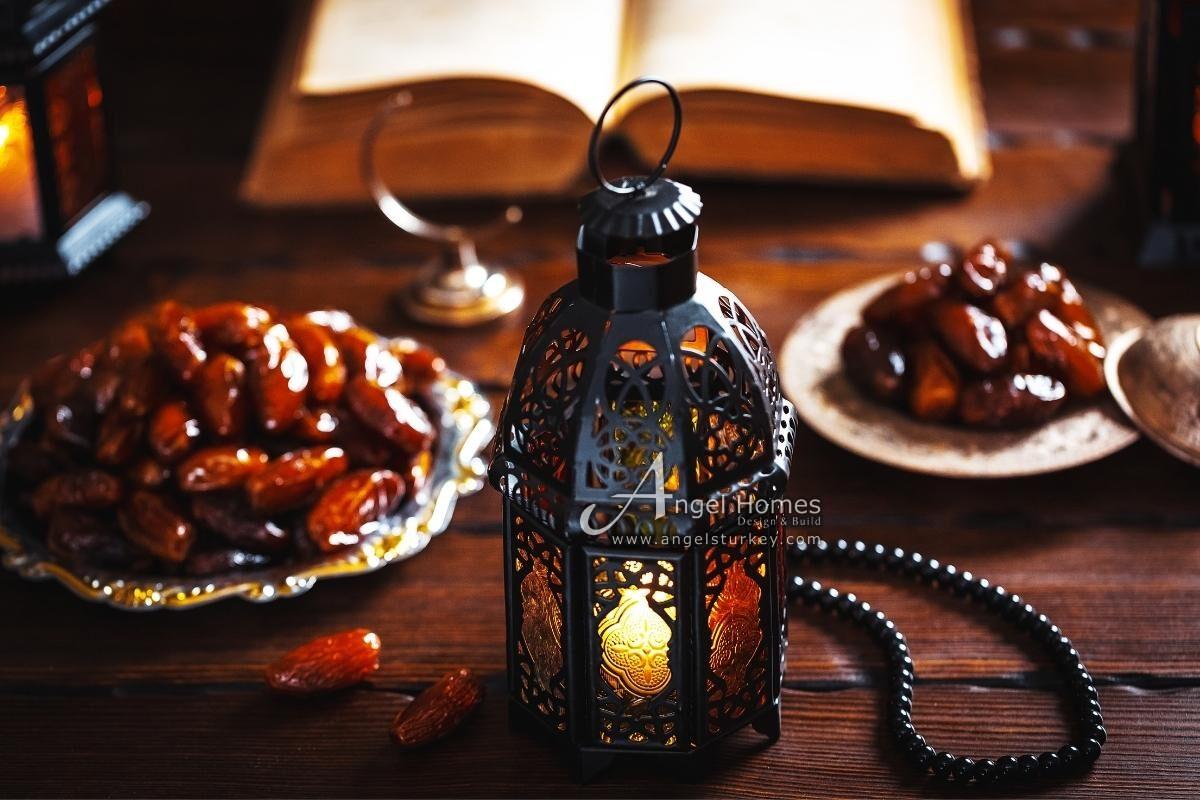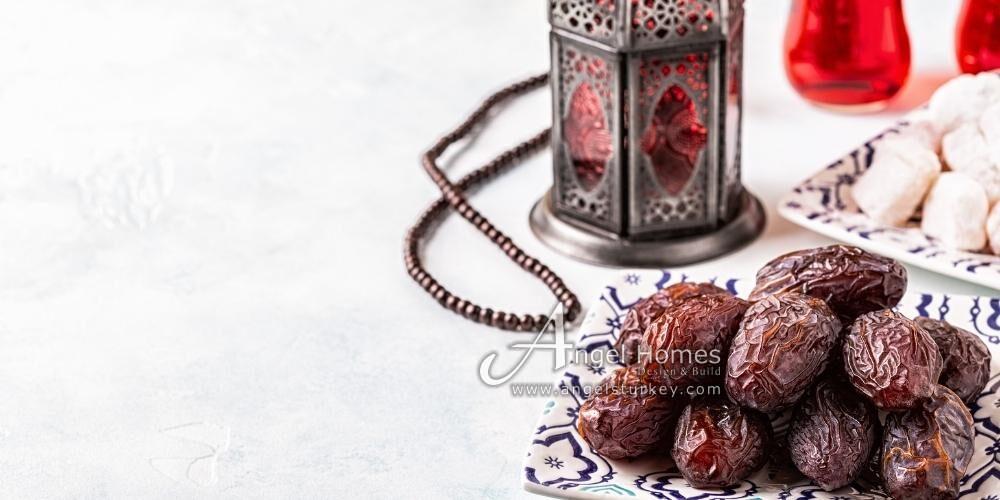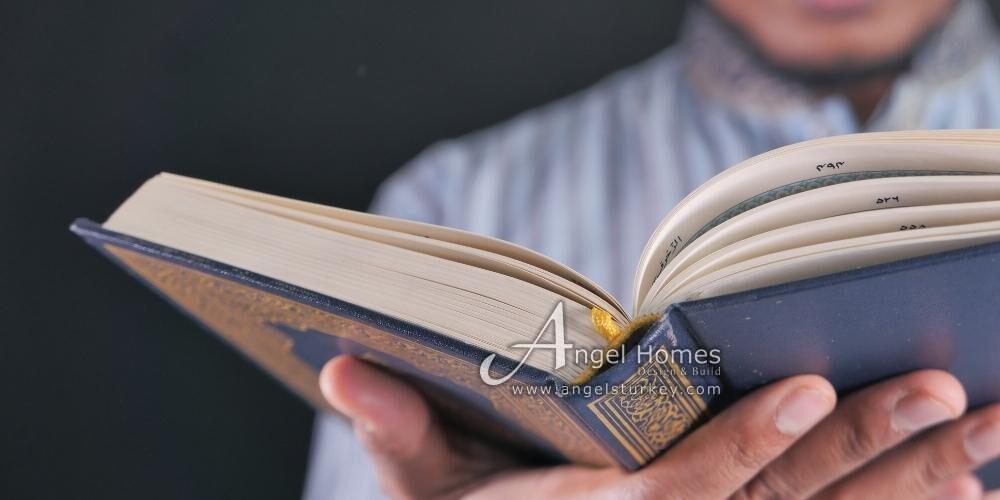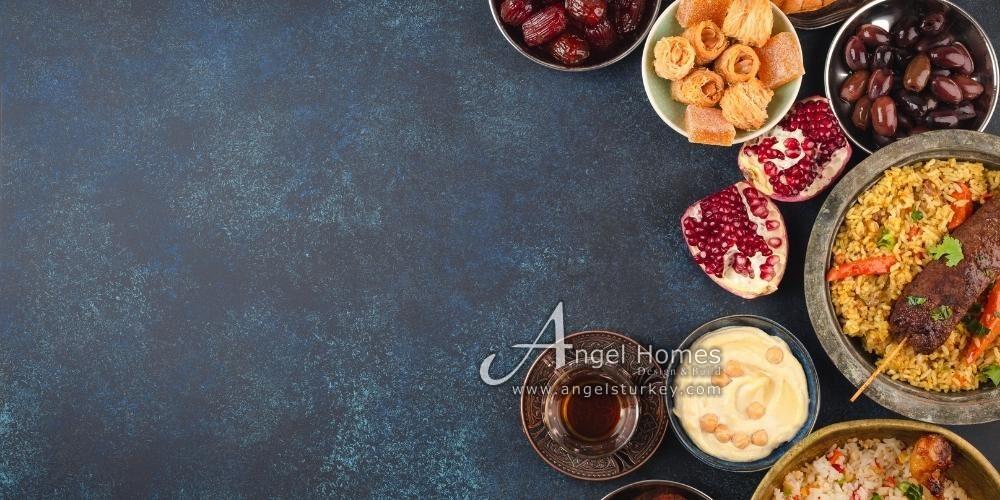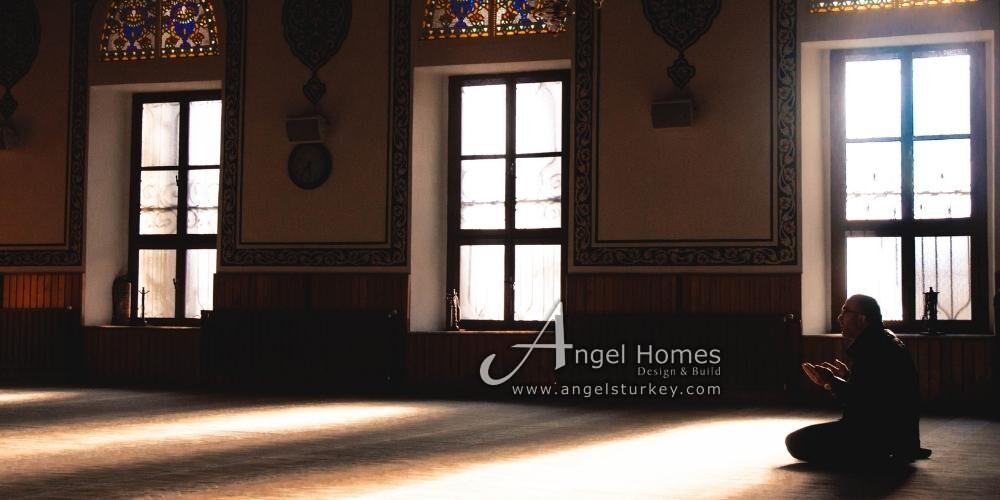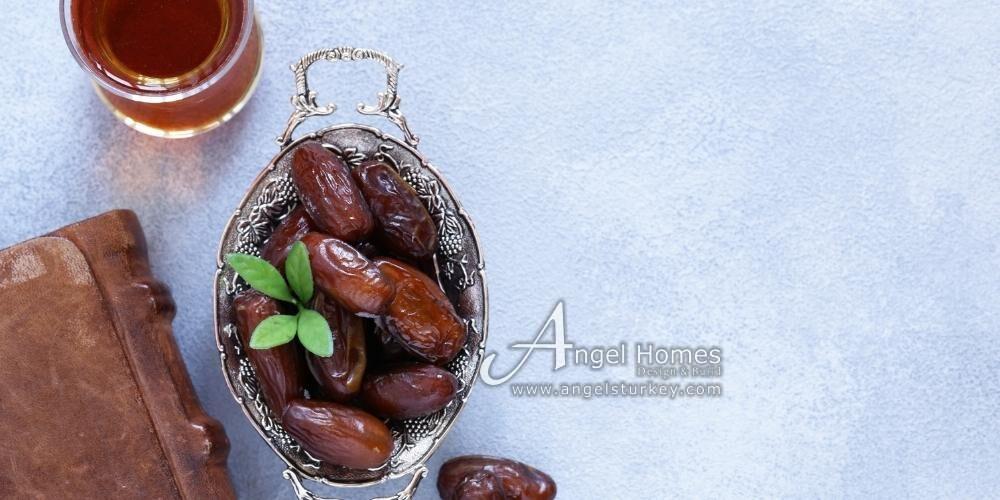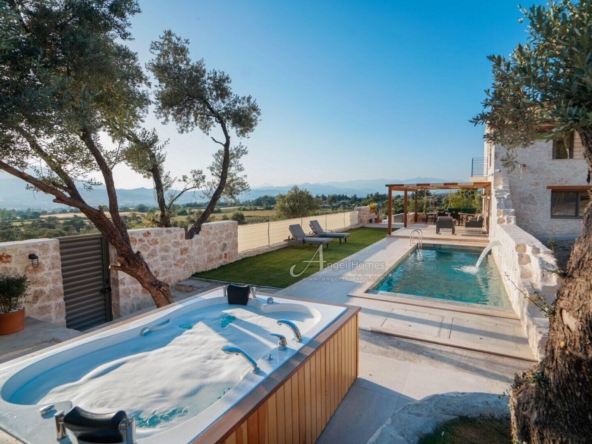Ramadan is known as Ramazan in Turkey, and it is one of the most important times of the year for Muslims. It is a time for fasting, prayer and reflection, where many abstain from pleasures and dedicate time to worship.
If you are in Fethiye during Ramadan, here are the answers to some of the most frequently asked questions about this holy month including the current restrictions in place during the pandemic.
FREQUENTLY ASKED QUESTIONS ABOUT RAMADAN IN TURKEY
What is Ramadan?
Ramadan is a holy month marking the time that the first chapters of the Quran were given to the Prophet Muhammad. Muslims worldwide observe the month by abstaining from eating, drinking, sexual activity, smoking, and gossiping during daylight hours. Ramadan is a time for prayer and reflection and a time to give thought to others.
When is Ramadan in Turkey?
Ramadan falls on the ninth month of the Muslim calendar. The Islamic calendar is different from the Gregorian calendar and runs according to the lunar cycle. Ramadan, therefore, falls around 11 days earlier each year. This year (2021), Ramadan starts on 13th April and ends on 12th May.
Do all Turks fast during Ramadan?
No, not everyone in Turkey fasts. Those that are mentally or physically ill, the elderly, pregnant women, children, and anyone travelling long distances are not required to fast.
For practising Muslims, fasting is a show of self-restraint and one of the five pillars of Islam; the others include a declaration of faith, daily prayer, charity and a pilgrimage to Mecca. In reality, many Muslims, especially in tourist regions and when Ramadan falls during the long hot summer months, choose not to fast. In these cases, most opt to give up a pleasure like alcohol, sweets or sugar instead.
Are you allowed to drink water during Ramadan?
No, those observing Ramadan are not allowed to drink water during daylight hours. Anyone fasting should drink plenty of water, ayran (salty yoghurt drink), and other fluids before sunrise to fend off thirst and stay hydrated during the day. It is believed that even a sip of water or nibble of a biscuit is enough to invalidate the fast.
How is the Ramadan fast broken?
Traditionally, the Ramadan fast is broken following the sundown call to prayer, in the same way as Prophet Mohammad is believed to have done, with a sip of water and a date. The meal that follows is known as “iftar”.
Iftar is usually a feast. In many homes, the ladies of the house spend many hours preparing all the family favourites during the day so they can have them waiting on the table in readiness for the hungry troops to tuck into after the sundown ezan (call to prayer). In some areas, including Fethiye, the council puts on large-scale iftar meals in school playgrounds, town squares or parks. These meals are an occasion the whole community can enjoy, even foreigners are often invited so they can gain a better understanding of Ramadan in Turkey and Muslim culture. Following the meal, the rest of the evening is spent enjoying each other’s company, eating, and drinking before retiring to bed early in readiness for the morning wake up call.
What are the Ramadan Drummers?
In some towns and cities across Turkey, you may hear the sound of drums before sunrise. These drummers, who walk the streets, were Turkey’s original alarm clock – well before the likes of fancy phones and digital wake-up calls. Their job was to make sure everyone woke up in time to have breakfast before the first call to prayer. This is a lovely tradition and can still be heard in some cities, but it is, unfortunately, dying out in many places.
What is Suhoor?
Suhoor refers to the breakfast eaten before sunrise during Ramadan. A Ramadan breakfast is usually large and packed full of protein and carbohydrates. Eggs, meats, olives, cheese, bread and fruit are the norm, washed down with lots of water and cay (tea). Traditionally, the last sip of water is drunk 5 minutes before the call to prayer, at which point most people decide to return to bed.
What happens at the end of Ramadan in Turkey?
Turkey celebrates in true style at the end of Ramadan with Ramazan Bayram, otherwise known as Şeker Bayram, or Eid al-Fitr in Arabic countries. This Bayram is a joyous 3-day celebration and national holiday in Turkey meaning schools, banks and government buildings are shut (although most restaurants, hotels, bars and shops in tourist resorts remain open).
Şeker means ‘sugar’ in Turkish, and on the run-up to Şeker Bayram, the shops are filled with sweets and chocolates. Boxes of Turkish Delight, baklava, or lokum are given to friends and family, and for the kids, it’s like Easter – they receive gifts and can get away with filling themselves with cakes, chocolate and sweets.
Will Ramadan affect your holiday in Turkey?
Under normal circumstances, Ramadan in Turkey shouldn’t affect your holiday. Do, however, make sure you organise any property transfers, banking and official paperwork before the Bayram celebrations.
Ramadan in Turkey during 2021
Ramadan in 2021 will be different to most years due to the coronavirus pandemic. Travel and flight bans still restrict many foreign nationals from coming to Turkey, and although many people have already received the vaccine, the numbers of covid cases is still high.
Ramadan is traditionally a time for families and friends to gather, which could potentially cause a spike in cases. To limit the spread of the virus, the Turkish government has imposed the following restrictions from April 13th through to May 16th. Still, these rules do frequently change, so please check the government websites regularly for updates:
- Curfews will be in effect over the weekends in Turkey during Ramadan, and restaurants and cafes will not be open for in-person dining, only delivery and take-out services.
- Turkey will continue daily curfews between 9 PM and 5 AM
- Gathering for the pre-dawn and fast-breaking meals is prohibited
- The special Tarawih night prayers will not be allowed at mosques
- All people in Turkey should continue to use masks and observe a social distance in public.
Angel Homes would like to wish everyone health and happiness during Ramadan, and we hope to see you all fit and healthy once restrictions allow this summer.
For more information on Turkish life and culture, please take a look at our blog, and to view our current Turkey property portfolio, please see Angel Homes Website.


